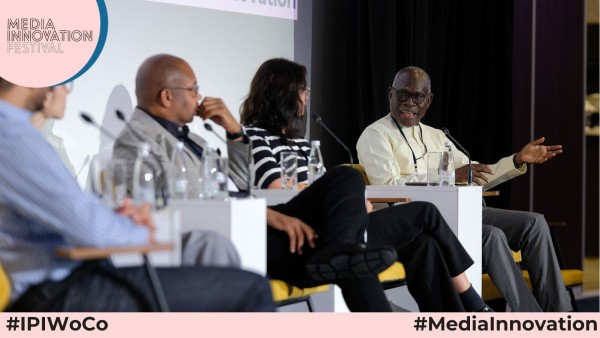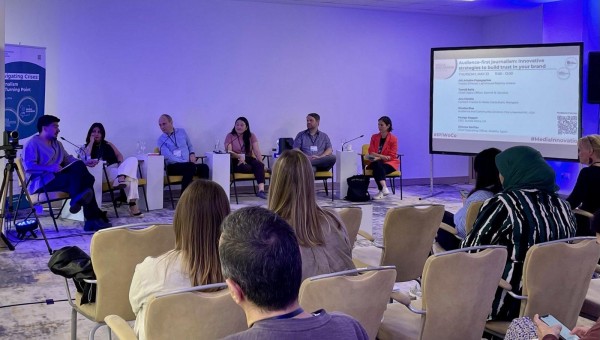H.E. Thabo Mbeki
President of South Africa
The Presidency
Union Buildings, West Wing
Government Avenue
Pretoria 0001
Republic of South Africa
Fax: (+ 2712) 323 82 46 / 2573
Vienna, 29 January 2003
Your Excellency,
The International Press Institute, the global network of editors, media executives and leading journalists, has learned with deep disquiet of the plans by the South African government to evict the correspondents of daily and weekly press and broadcast media from their offices in South Africa’s parliament. Offices which they have occupied for nearly 100 years and which have enabled them to report on the proceedings of parliament, its committees and other activities with the maximum effect.
IPI is deeply conscious of the importance that the democratic world has placed on the essential need to provide media correspondents with facilities, especially in parliament buildings, to enable them to report proceedings and have the widest possible access to information affecting the legislative process. This includes access to committees and other institutions set up by parliament and access to the lawmakers and their opposition members.
IPI believes that the early democrats were fully aware of this need and that is why they made accommodation available to the media not only in their council chambers but within the immediate precincts to enable correspondents to convey, by the swiftest possible means, the reports and information they had gathered in the public interest.
IPI sees the plan to evict the correspondents from these essential facilities as placing obstacles that seriously impede their ability to carry out their professional duties. IPI rejects the contention that the government plans to widen media representation in parliament by removing essential office and communications facilities to a distance for a wider grouping of people. It is a contradiction in terms. It will merely impede the work of established correspondents and bring no benefit to the community media which has shown no inclination or capacity to take advantage of facilities in parliament when the Press Gallery Association canvassed members of the community to ascertain their interests in the facilities.
IPI believes that it is highly unfortunate that the South African government has embarked on this retrograde step at a time when the world was beginning to accept its proposals for NEPAD (New Partnership for Africa’s Development), coupled with concepts of furthering good governance and a peer review mechanism to bring that about.
South Africa should not be surprised if people outside the country perceive this move as a serious inroad on media freedom and begin questioning South Africa’s integrity in furthering good governance.
We thank you for your attention.
Yours sincerely,
Johann P. Fritz
Director


